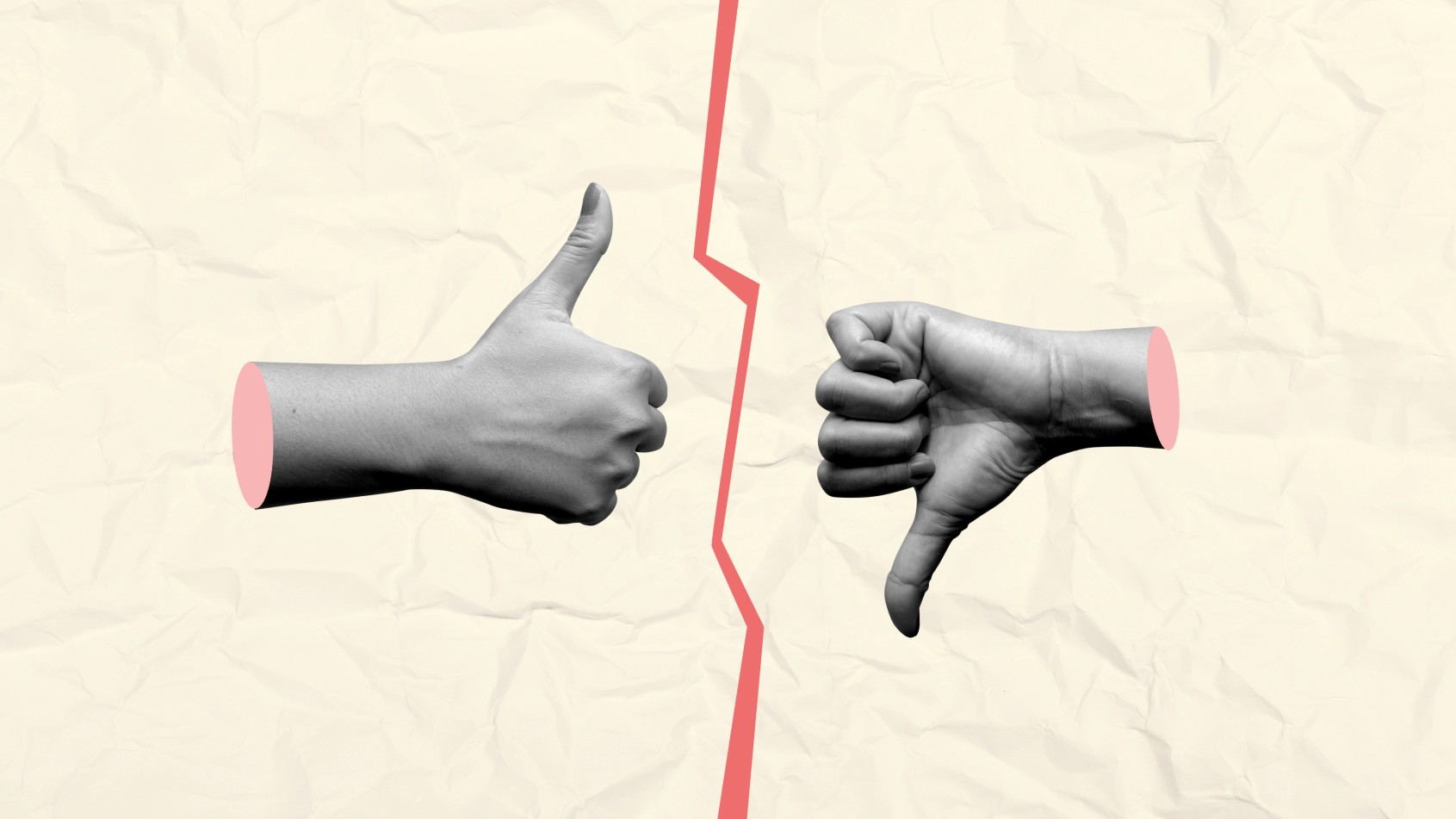The author enumerates the problems that plague the US but sees much
opportunity for correcting them.
Question: Where are we as a nation?
Foner: We seem to be in a kind of crisis right now. It’s impossible to know exactly how this will work out, and we certainly lack political leadership. Our leadership has created crises rather than try to solve crises. We are engaged in two wars, both of which are very unpopular, and where there’s really very little end, no end in sight, particularly, of any, you know, anything that might be seen as a real resolution to the problems out there. Our economy, obviously, at the moment, is in a very, very big mess and it’s heading downward. Our democracy, even though, this year, the presidential campaign seems to have engaged large numbers of people who had been indifferent or alienated from politics, still, large numbers of people do not vote. Money, obviously, is dominant in our political system. You know, Lincoln didn’t need millions of millions and millions of dollars to run for office back in those days. And so, I think there are serious problems in our political life, our economic life. Our political leadership is really the problem.
Question: Is the American political system broken?
Foner: I think the American political system has a lot of problems. If it’s broken, I think it can be fixed. I think there is, in this country, a deep respect for democracy, and I think that’s one of the wonderful things about this country. You know, Alexis de Tocqueville, who visited the United States in the 1830’s and wrote his great book, “Democracy in America,” described democracy as “a habit of the heart.” Habit of the heart. It’s not just a set of political institutions, it’s not a voting system, it’s something that lives within people, and that’s one of the reasons why you can’t just march into some other country and say, hey, now you’re democratic. It’s got to grow organically out of the culture, out of the history, out of the society, and we are a people who believe in democracy, but our system is broken to the extent that it is so based on money nowadays that the politician, the servant of the people must become a servant of those who give money, and if there was some way of changing that, I think it would make our system a lot healthier. You know, I lived in England for several years. In England, they dissolve… when there’s a general election coming up, they dissolve Parliament, and, 30 days later, there’s an election. They have a 30-day campaign period. In the United… And by the way, there are limits on how much any party can spend, and television is required to give free time to all the parties. Now, in this country, we have a permanent election cycle, right? This presidential election has been going on, it seems, for years. The amount of money is unbelievably enormous. If we could go a little closer to the British system, I think our democracy would be a lot more healthy.
Question: Are the parallels between Lincoln and Obama valid?
Foner: Almost anybody can find a parallel with Lincoln, if they look hard enough. Obviously, they’re both senators from Illinois. Lincoln didn’t have a lot of national political experience when he ran for president. None at all, actually. He’d been a member of Congress for one term back in the 1840’s, he run twice for the Senate and lost both times. Twenty-some odd years before, he’d been a member of the Illinois State Legislature, but that really doesn’t give you a lot of national experience. He was known as, like Obama, for speeches, for his Lincoln-Douglas Debates, for his speeches about slavery in the 1850’s. He was known as someone who articulated very brilliantly commonly held ideas in the North about slavery, the expansion of slavery, the future of slavery. So, yeah, there are parallels between Lincoln and Obama in terms of how they got into the national spotlight through eloquence, through rhetoric, and also the fact they didn’t have a lot of national experience when they were running for president. So, yeah, one could make those comparison. We’re in a different era. I don't think Obama needs to go back to the 1860’s to figure out what he ought to be doing. It’s a different country now, but certainly, if he can learn something from Lincoln’s ability to convey his ideas effectively and inspirationally to the populace, I think that will serve any president well.





